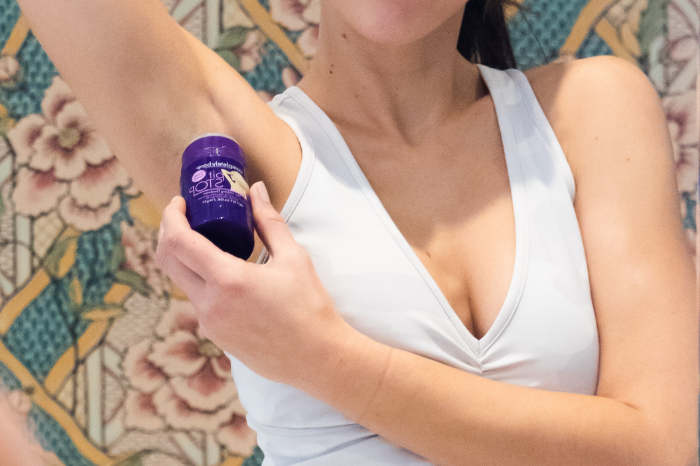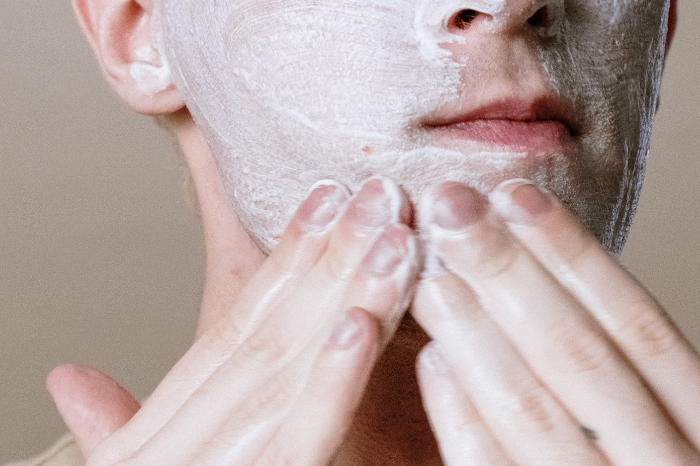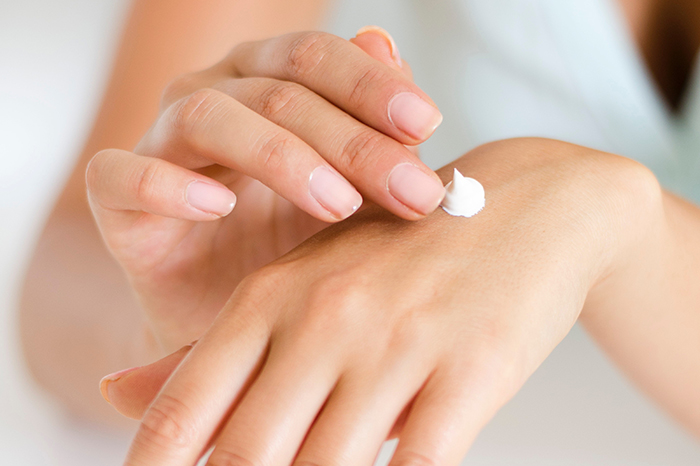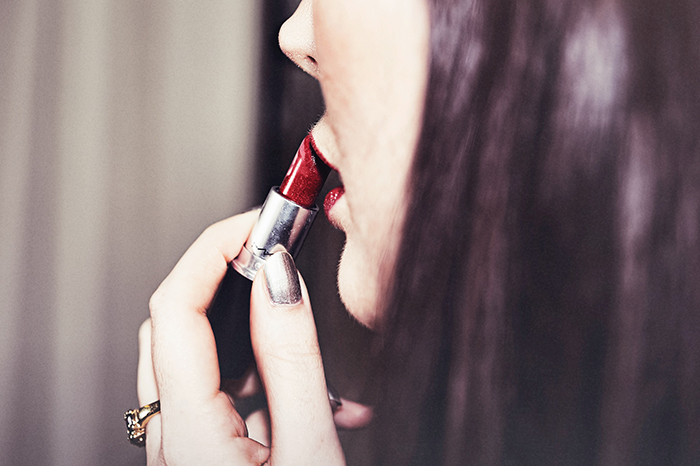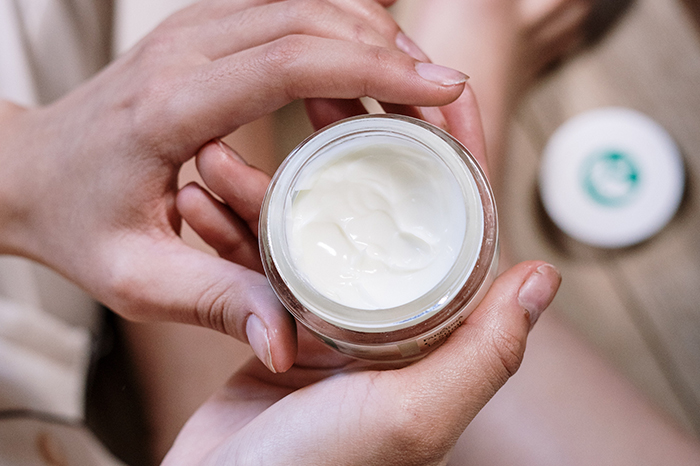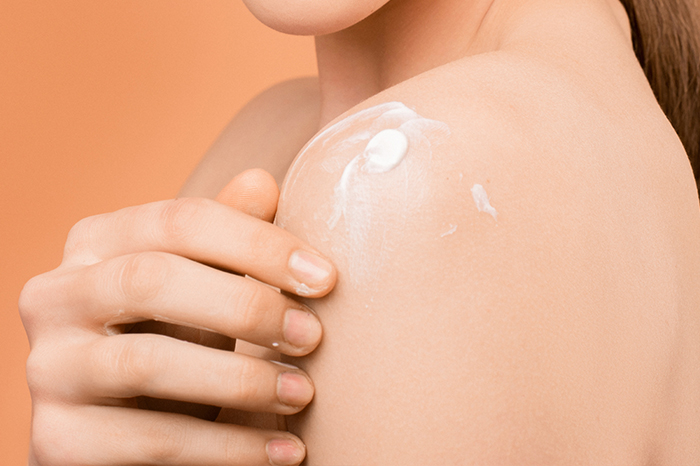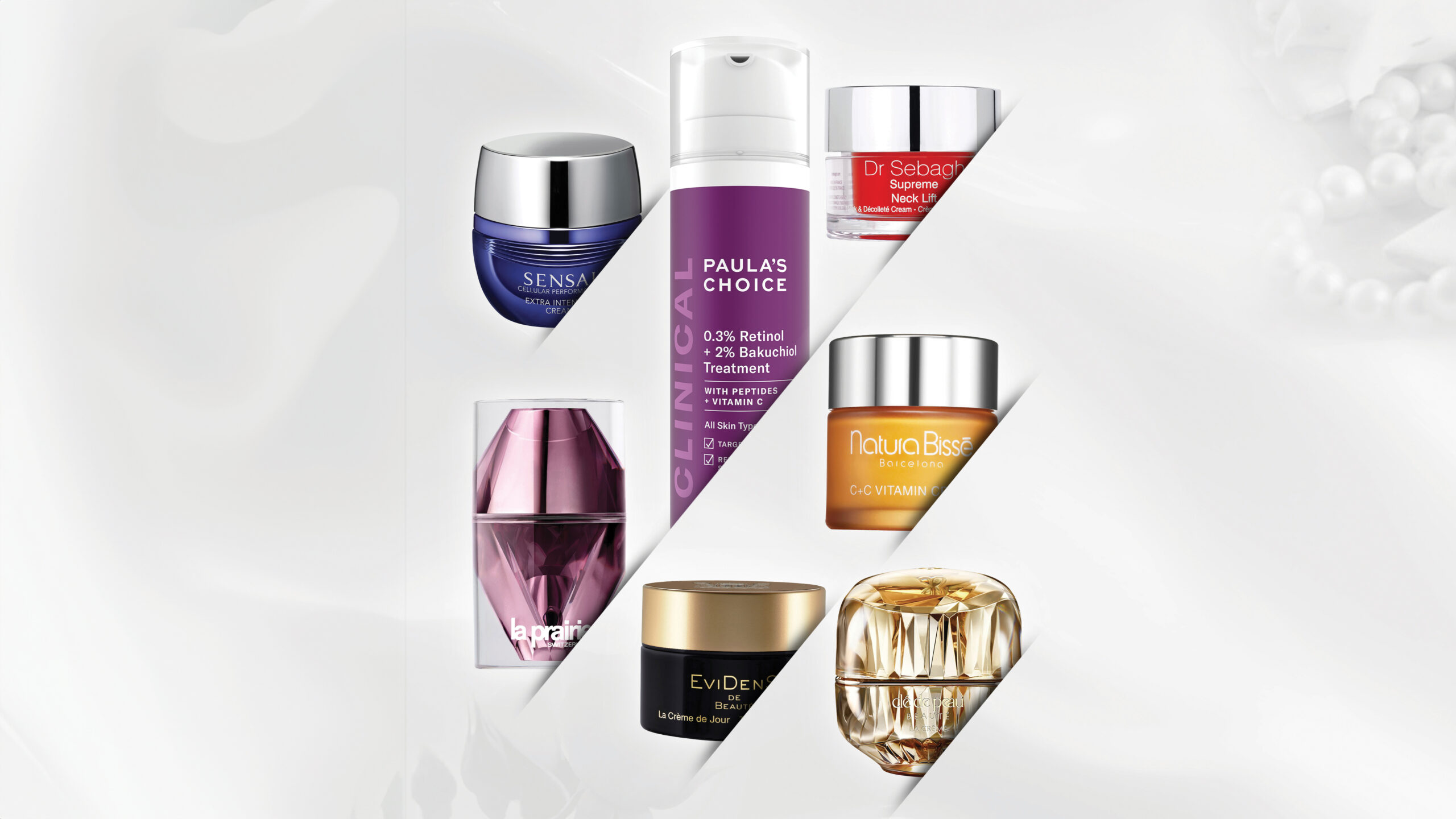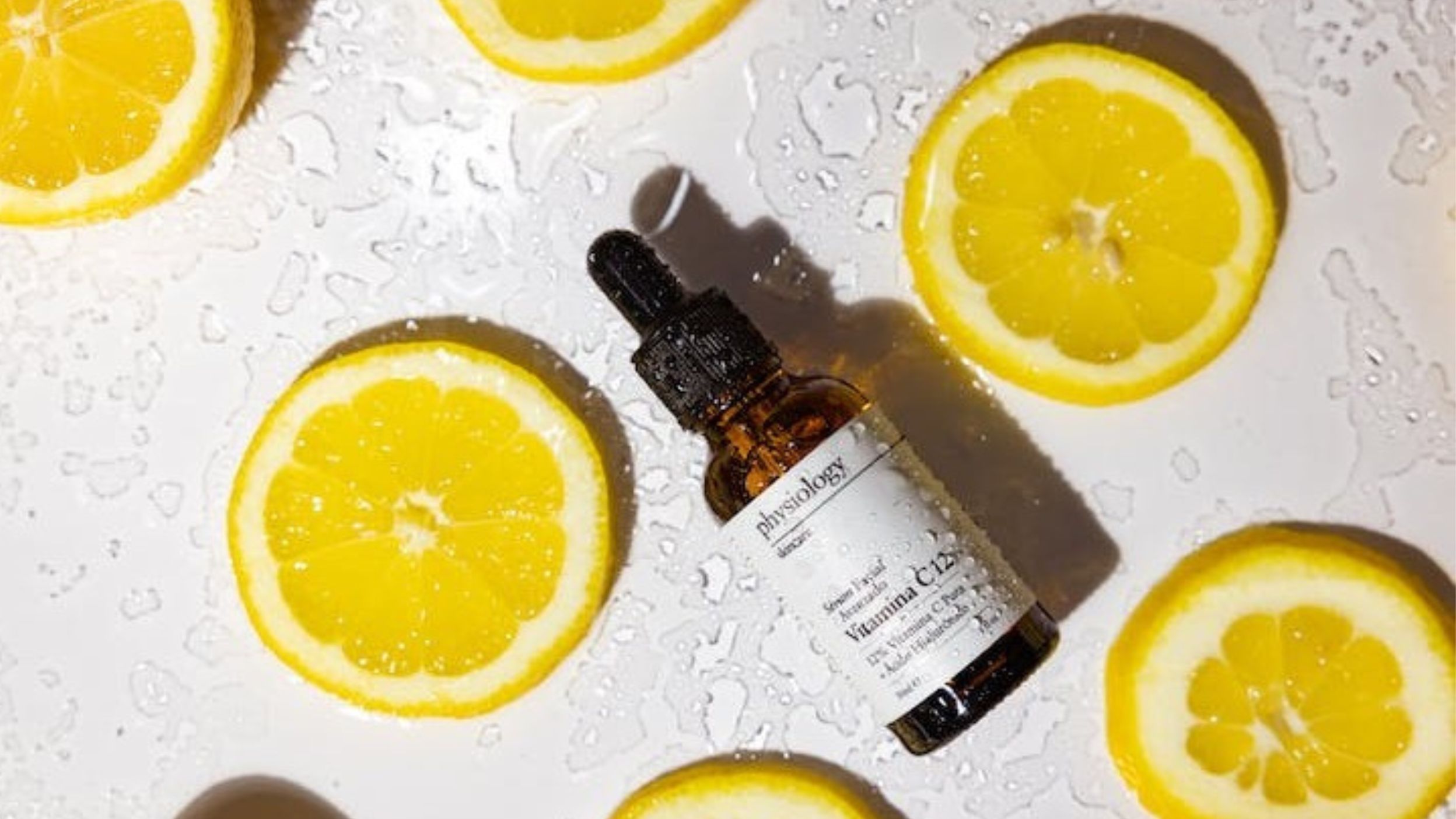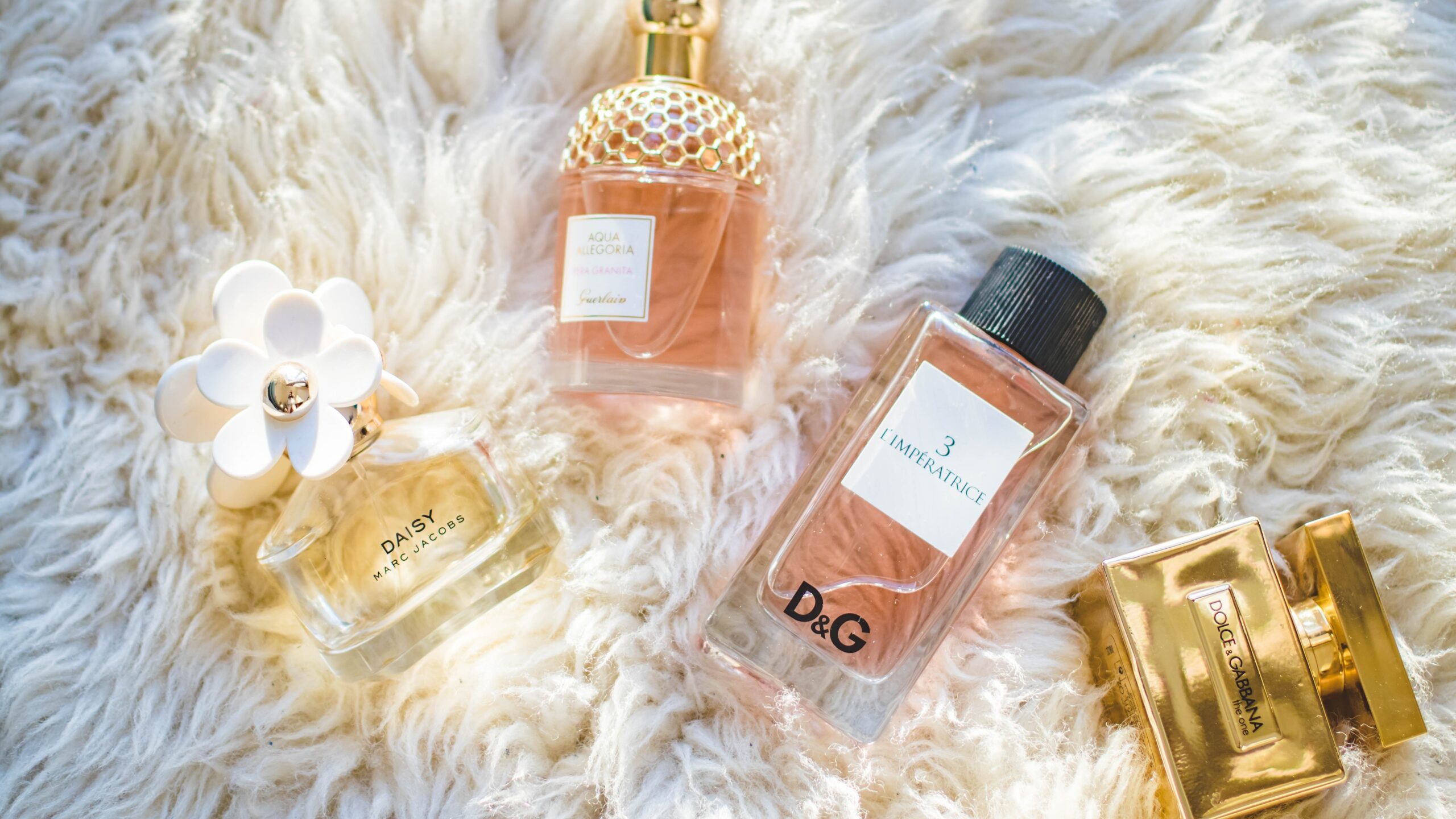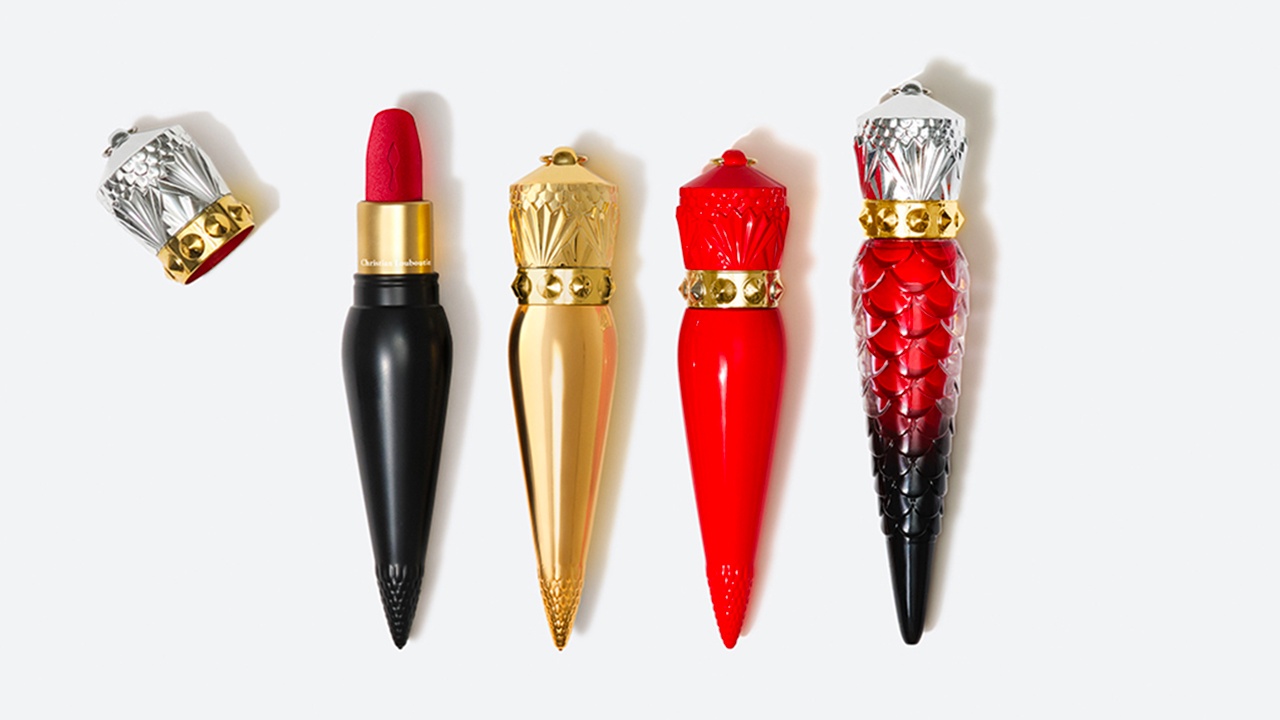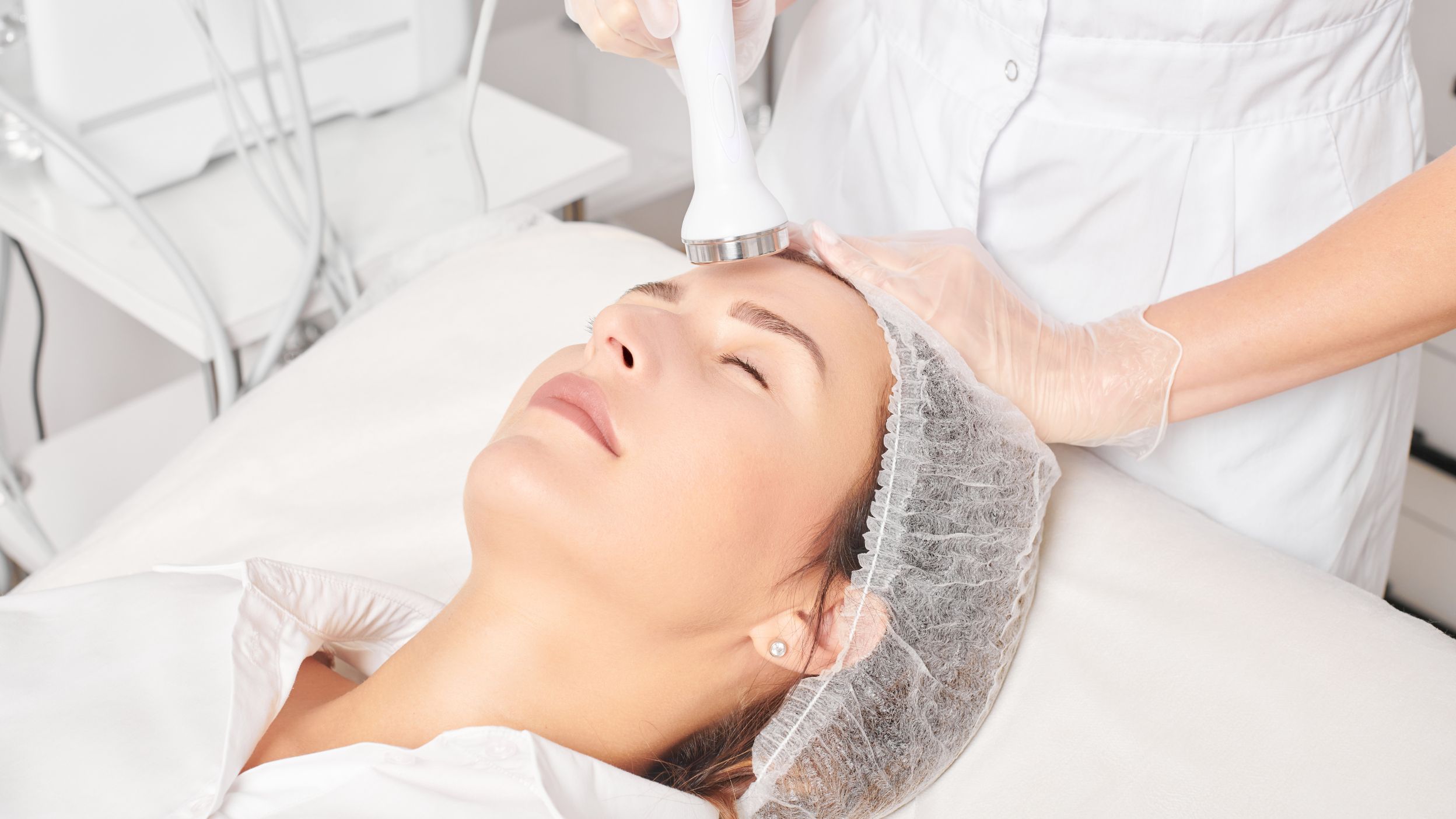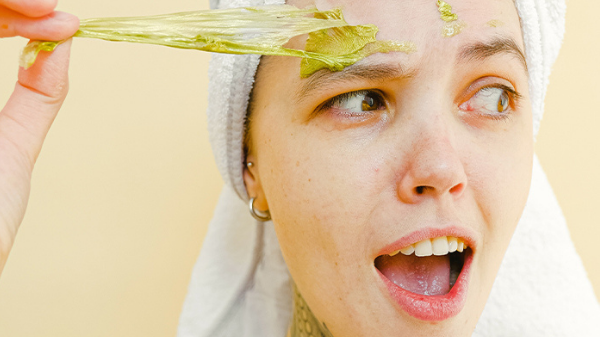
10 skincare ingredients that are damaging to the skin
Do you know that our skin can absorb up to 60 percent of the ingredients in skincare products which can later come in contact with our bloodstream?
It can be a bit scary to imagine that many cosmetic products are comprised of different chemicals that have the potential of causing more harm than good. Though the minute amounts of chemicals used to produce skincare products are legal and safe. they can still cause some visible side effects, especially to those with sensitive skin.
Here are some of the most common ingredients in skincare products which are best to avoid:
1. Aluminum
A toxic metal compound found to affect adversely estrogen in a woman’s body and which has been linked to breast cancer and Alzheimer’s disease. There may be more than 25 types of aluminum present in cosmetic products.
Aluminum is commonly found in body deodorants.
2. Parabens
Two common anti-bacterial preservatives used in many skincare products. There have been recent findings of Parabens in breast tumours.
3. Formaldehyde
Similar to Parabens, Formaldehyde is an ingredient used as a preservative in cosmetic products. It is a colourless gas that is typically added with water to make formalin which has been found to cause irritation to the skin.
Parabens and Formaldehyde are commonly found in shampoos, lotions, and facial cleansers.
4. Sodium lauryl suphate (SLS)
An ingredient used as an emulsifier to thicken cosmetic products. It creates a texture that is easy to apply and rinse off the skin. However, because this chemical is a harsh detergent, it is also known to cause redness, irritation, and dry skin. This chemical can result in skin issues such as dermatitis and dandruff, especially to those with sensitive skin.
SLS is commonly found in shaving cream, makeup remover, and bathing products
5. Triclosan
Similar to SLS, this ingredient is a harsh anti-bacterial agent that also acts as a cosmetic product preservative. It has been found to cause several allergies and is suspected to be linked with hormone disruption in the body.
Triclosan is commonly found in deodorant, hand soap, and shower gel.
6. Petrolatum
This mineral oil type is usually found in lip balms and moisturizers and it provides temporary relief to dry sky though it doesn’t really contain any moisturizing properties. Instead, it acts as a barrier to retain moisture but blocks the pores from absorbing moisture from other applications, thus preventing the skin from breathing and causing it to dry.
Petrolatum is commonly found in lip products, moisturizers, and sunscreen.
7. Coal tar
Unfortunately for women who love to play with lipsticks, this ingredient is likely found in most tinted lip products. Typically, the more vibrant the product, the more likely it is to contain this ingredient as it is used as a base to brighten the colours of cosmetics products. This ingredient can cause irritation resulting in acne and allergic breakouts.
Coal tar is commonly found in lipsticks, hair dyes, and lotions.
8. Hydroquinone
This ingredient acts as a skin-lightening agent to bleach skin. It helps with hyperpigmentation, such as acne scars, age spots, and freckles by reducing melanin — the cells that produce skin colour. However, over time, overuse of this harsh bleaching agent can cause skin damage that can result in blemishes and premature aging.
Hydroquinone is commonly found in skin lighteners, facial moisturizers, and cleansers.
9. Synthetic Fragrances
Not limited to perfumes, synthetic fragrances can be found in any product with a pleasant scent to it. Typically, these scents are artificial and chemical-based. Natural scents with essential oils are better alternatives to avoid the side effects of synthetic fragrances which have been found to be correlated with respiratory issues and allergic skin reactions.
Synthetic fragrances are commonly found in facial products, makeup, sunscreen, and bathing products.
10. Alcohol
Alcohol has been known to cause the skin to dry and flake. Although its use brings positive effects, prolonged use can damage the surface of the skin to dry and flake, disrupting the skin’s renewal cycle.
Alcohol is commonly found in toners, aftershave, and lotions.
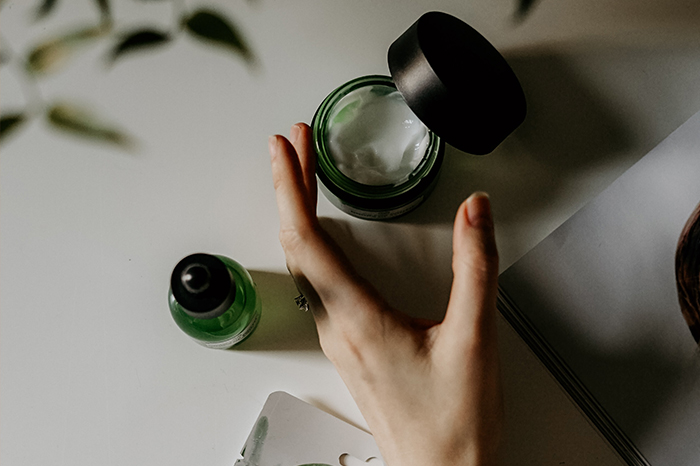
Conclusion
Because skincare is an essential routine for keeping up a youthful and healthy look, it can be difficult to avoid all harmful ingredients in beauty products. However, organic and natural alternatives help minimize the use of chemicals in daily life.
Here are a few natural skincare options to use for an alternative routine:
Purearth
Mineral-based formulas that include vital nutrients
INUF
100% plant-based and result-oriented formulas made for Asian climate
Rare SkinFuel
Nutrient-rich ingredients with formulas to promote active ingredients
Bathe to Basics
Premium, handmade and organic formulas that consist of natural or plant-based extracts.

